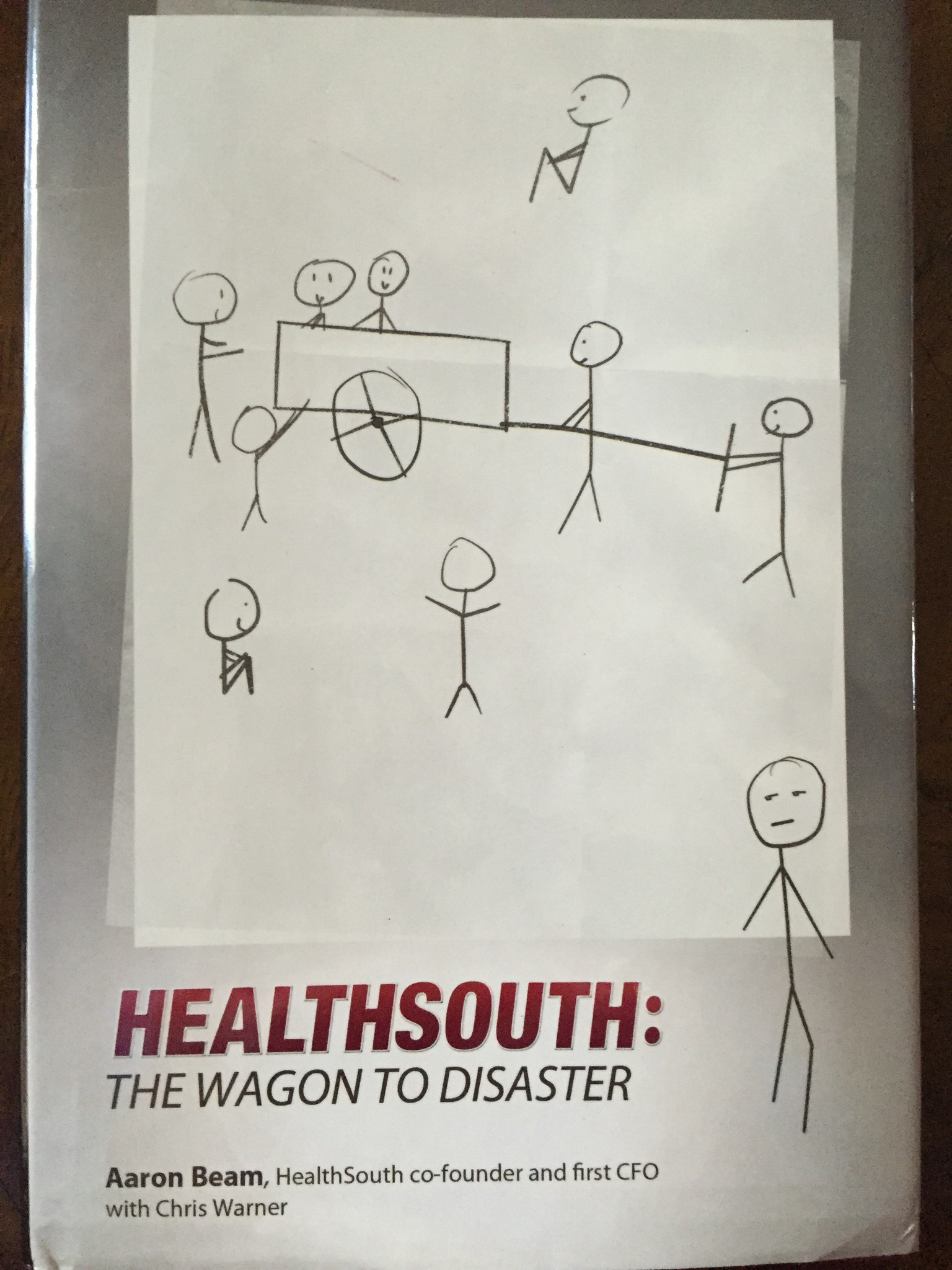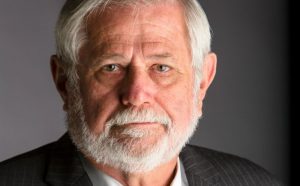
A cautionary tale of running afoul of ethical behavior
Posted On January 16, 2024
You may think you have a pretty firm grasp on personal and professional ethics, and that you’d never step across the line into behavior that would be considered unethical.
Consider, however, that sometimes the pressures of the marketplace, of a demanding boss, or of one’s own ambition might sometimes cause us to take shortcuts we wouldn’t ordinarily take, even if we know they’re wrong.
Our guest in the latest episode of “What’s Working with Cam Marston” provides a case study in this very possibility – and a warning of the consequences of failing to recognize and react to ethical red flags.
Aaron Beam was a co-founder and the first Chief Financial Officer of HealthSouth, a Birmingham healthcare company that quickly rose to Fortune 500 status before one of the country’s largest corporate frauds was uncovered there in 2003.
 Beam, who left the company less than a year after the fraud began in 1996, served three months in federal prison for his role in it, and now offers his story as a cautionary tale to business and finance students and others in the business world as a sought-after speaker.
Beam, who left the company less than a year after the fraud began in 1996, served three months in federal prison for his role in it, and now offers his story as a cautionary tale to business and finance students and others in the business world as a sought-after speaker.
HealthSouth was the vision of Richard Scrushy. Beam and the company’s other founders had worked with him previously, and Beam admits some misgivings in joining this new venture in 1984. But he says Scrushy convinced him of its potential.
The company grew rapidly. But Beam says after it went public in 1986, his life changed.
“Being the CFO of a public company is really a pressure-packed thing,” he said. “It’s an absurdity that investors want you to deliver better earnings quarter after quarter after quarter. The first time you don’t do that, they penalize you greatly.”
A decade later, in the summer of 1996, Beam and his chief accountant told Scrushy that the company wasn’t going to meet its projected earnings for the quarter, and that’s when the trouble began. Scrushy “went berserk,” Beam said, and demanded that the accounting team “fix the numbers.”
Beam says he knew what he was being asked to do wasn’t right, but he and his team did it anyway.
“A that moment, I should have had the courage to stand up to Richard and say no,” he said. “In short, I was a coward. I was intimidated by Richard. He carried a gun in his briefcase at all times. He was a scary guy to work for, and I just couldn’t stand up to him.”
Beam says he was not only influenced by Scrushy, however, but also by his own desire to maintain HealthSouth’s market standing and maintain his own wealth.
“I knew it wouldn’t turn out well, but I hoped we’d do it once and maybe we’d be OK,” he said. “But the very next quarter, he asked us to do it again and within three quarters, I left the company.”
Beam had been gone from the company for several years when, in 2003, he saw a television report that HealthSouth was being investigated for fraud. He immediately contacted a lawyer, and cooperated with federal investigators.
Beam was one of several HealthSouth executives who served time for the fraud. Scrushy was acquitted of criminal charges but later was convicted of bribery of former Alabama Gov. Don Siegelman.
Beam says the major lessons he learned from that episode that he now shares in his speaking engagements are that companies need to place emphasis on creating an ethical culture and, on a personal level, that ethics is a learned behavior that must be practiced daily.
“People know right from wrong. It’s doing it that’s hard to do,” he said. “You have to practice ethical behavior every day to build ethical strength. It’s like a tennis player hitting a ball hundreds of thousands of times until he gets to a point where he can do it without even thinking about it. That’s the way you need to think about ethics.”
Beam has written two books about ethics and his experience at HealthSouth, which are available on his website, aaronbeam.net.